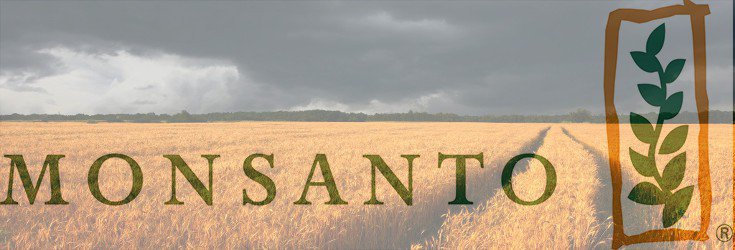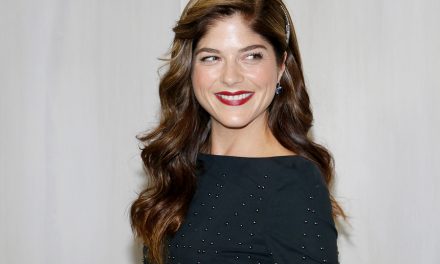Yesterday, documents for the pending lawsuit against Monsanto were released. The release “raised new questions about the company’s efforts to influence the news media and scientific research and revealed internal debate over the safety of its highest-profile product, the weed killer Roundup.”1NY Times, Aug 1, 2017.2
RELATED ARTICLE:
This new set of documents further highlights the lengths to which Monsanto will go to protect its image. The company is obviously outraged by the documents’ release (done by a law firm involved in the litigation).
Monsanto’s vice president of global strategy, Scott Partridge, said,
“There is a standing confidentiality order that they violated. What you’re seeing are some cherry-picked things that can be made to look bad. But the substance and the science are not affected by this.”3NY Times, Aug 1, 2017.4
But R. Brent Wisner, a partner at Baum, Hedlund, Aristei & Goldman, the firm that released the documents, said Monsanto missed filing a required motion if they wanted to continue to “protect” (or keep secret) the documents. Monsanto said no such filing was necessary and plan to seek damages.5NY Times, Aug 1, 2017.6
And their mistake is our gift. We’ve warned them for years that the truth, which was all we wanted to know, would eventually come out. And maybe even bite them. And it has. Again.
RELATED ARTICLE:
The documents showed: note]NY Times, Aug 1, 2017.7
- Henry I. Miller, an academic and a vocal proponent of genetically modified crops, asked Monsanto to draft an article for him that was very similar to a 2015 article he wrote for Forbes, attacking the findings of the International Agency for Research on Cancer (a branch of the WHO) that labeled glyphosate a probable carcinogen. Of interesting note, the article appeared under Miller’s name only and said the “opinions expressed by Forbes Contributors are their own.” Zero mention of any involvement by Monsanto in preparing the article. (Forbes is “looking into” the accusation.)
- An academic involved in writing research funded by Monsanto, John Acquavella, a former Monsanto employee, appeared to express discomfort with the process, writing in a 2015 email to a Monsanto executive, “I can’t be part of deceptive authorship on a presentation or publication.” He also said of the way the company was trying to present the authorship: “We call that ghost writing and it is unethical.” (Monsanto called the comments a “complete misunderstanding” that was eventually settled.
- The documents also show internal talk about Roundup’s safety.












